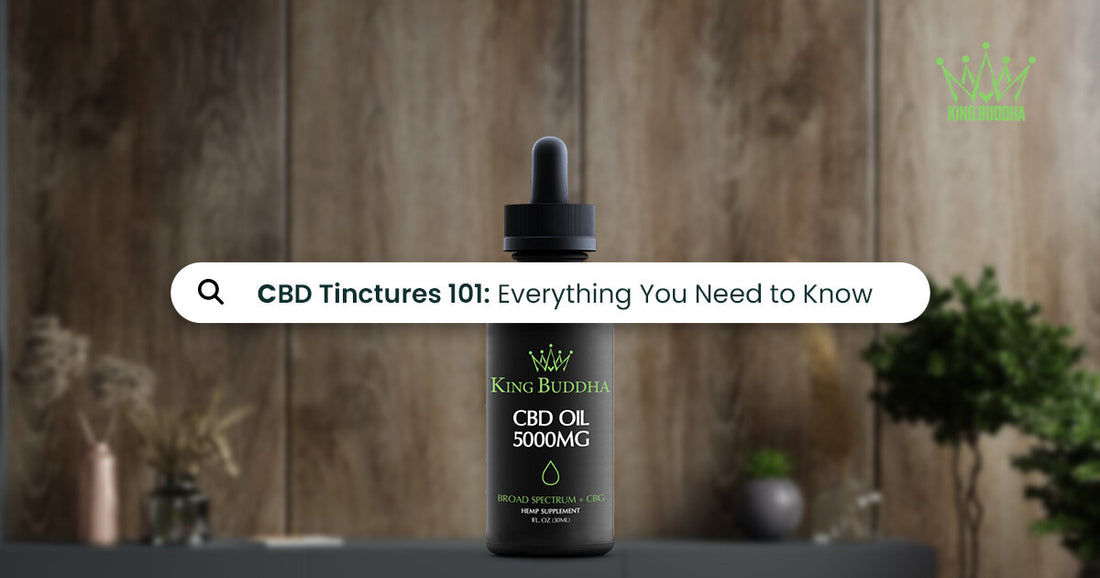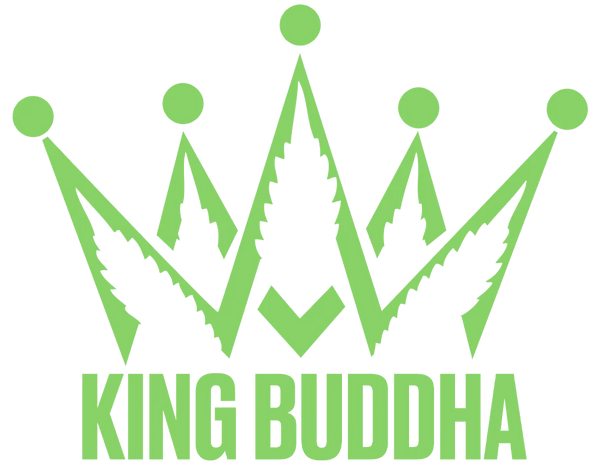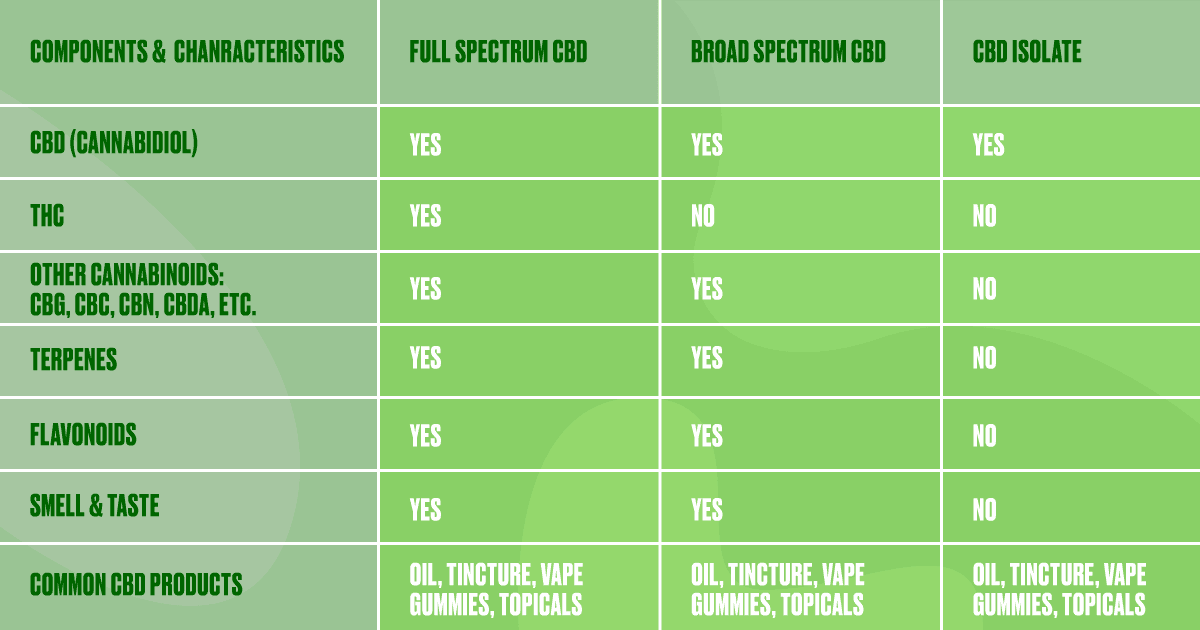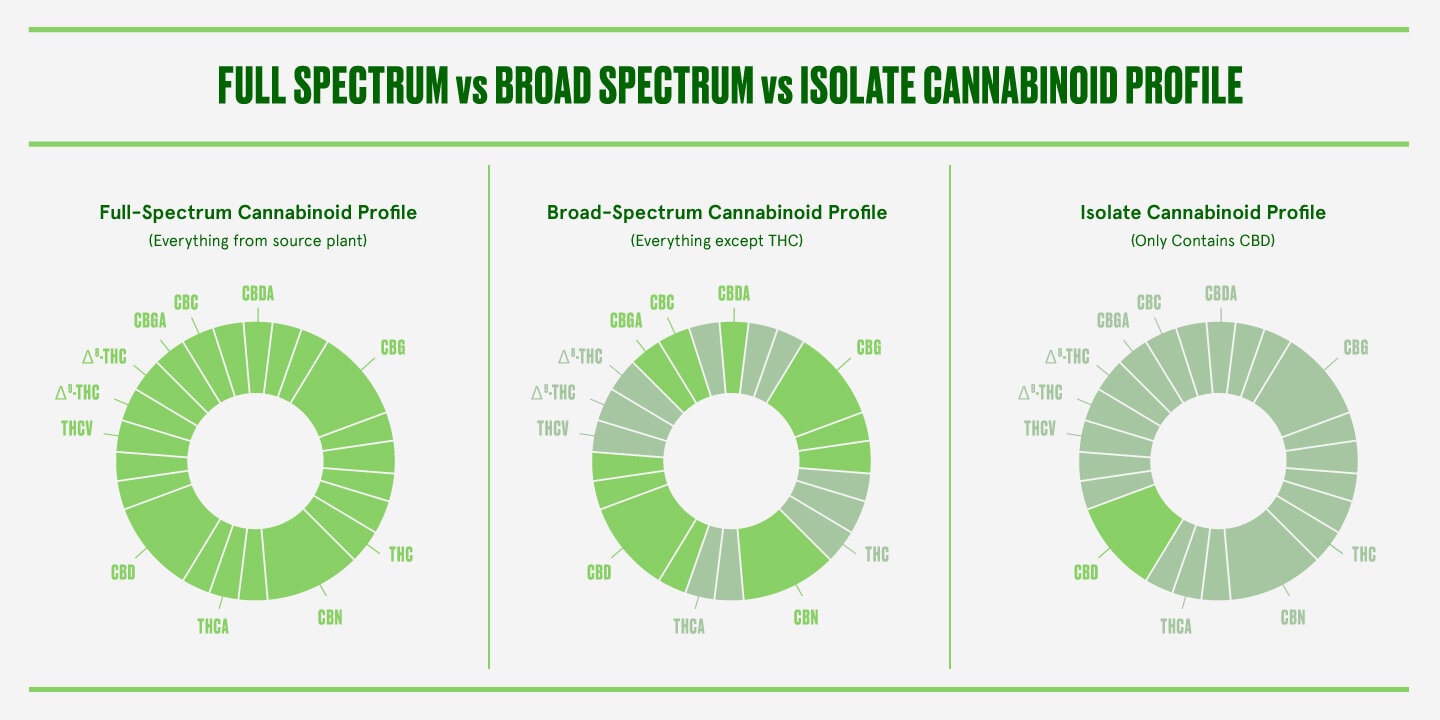
CBD Tinctures 101: Everything You Need to Know | KING BUDDHA
Share
CBD tinctures have become a popular way to consume CBD, a non-psychoactive compound found in the cannabis plant that offers a range of potential health benefits. In this comprehensive guide, we'll cover everything you need to know about CBD tinctures, from how they're made and their benefits to dosage guidelines and potential side effects.
What is CBD?
CBD is a natural compound found in the cannabis plant. Unlike Tetrahydrocannabinol (THC), CBD is non-psychoactive, meaning it does not produce the “high” that is associated with marijuana use. CBD is extracted from the cannabis plant and can be consumed in a variety of forms, including tinctures, edibles, and topicals.
Types of CBD
There are three types of CBD available: full-spectrum, broad-spectrum, and isolate CBD. Full-spectrum CBD contains all of the naturally occurring compounds found in the cannabis plant, including THC (in concentrations of less than 0.3%). Broad-spectrum CBD contains all of the compounds found in full-spectrum CBD, but without THC. Isolate CBD is the purest form of CBD, containing only CBD and no other compounds.
History Of CBD
- Cannabis use for medicinal purposes can be traced back to ancient China and India.
- Cannabis use spread to Europe and the Americas, where it became popular for both recreational and medicinal use.
- In the 1930s, a campaign led by the government and media portrayed cannabis as a dangerous drug, which led to the criminalization of cannabis use in the United States.
- In the 1960s and 70s, researchers began to isolate and study the different compounds in cannabis, including THC and CBD.
- CBD, a non-psychoactive compound in cannabis, was found to have potential health benefits.
- In 1980, researchers discovered the endocannabinoid system (ECS), which interacts with both THC and CBD in the human body.
- The US Farm Bill legalized the production of hemp, which is a strain of cannabis that contains less than 0.3% THC, in 2018.
- This led to a surge in CBD products on the market, including tinctures, edibles, topicals, and more.
- CBD is being studied for its potential to treat a variety of health conditions, including anxiety, depression, pain, inflammation, and more.
Benefits of CBD
CBD offers a range of potential health benefits, including anxiety, depression, pain, inflammation, improved sleep, and more. These benefits are due to CBD’s interaction with the body’s endocannabinoid system, which plays a key role in regulating a wide range of bodily functions.
CBD Dosage
Dosage guidelines for CBD can vary depending on factors like weight, metabolism, and the specific health condition being treated. It is important to start with a low dosage and gradually increase until the desired effects are achieved. It is also important to speak with a healthcare provider before starting CBD, especially if you have any underlying health conditions or are taking other medications.
How to Use a CBD Tincture
CBD tinctures are designed to be taken sublingually, which means you should place the liquid under your tongue and hold it there for about 60-90 seconds before swallowing. This allows the CBD to be absorbed into your bloodstream through the mucous membranes under your tongue. It's important to hold the tincture under your tongue for the full 60-90 seconds to ensure maximum absorption.
What are CBD Tinctures Oils?
CBD can be extracted from the hemp plant using a variety of methods, including CO2 extraction, ethanol extraction, and oil infusion. The result is a potent liquid that is rich in cannabidiol (CBD), a non-psychoactive compound found in cannabis.
CBD tinctures are often taken sublingually, meaning they are placed under the tongue and absorbed through the mucous membranes. This method allows for fast and efficient absorption of CBD, as it bypasses the digestive system and goes directly into the bloodstream. CBD tinctures can also be added to food and drinks, although this method of consumption may result in slower onset and weaker effects.
CBD tinctures come in a variety of strengths and flavors, making them a versatile option for those who want to incorporate CBD into their wellness routine. They are available in full-spectrum, broad-spectrum, and isolate formulations, which we will discuss in more detail below.
Full-spectrum CBD tinctures contain not only CBD but also other beneficial compounds found in the cannabis plant, such as terpenes, flavonoids, and other cannabinoids like THC (although the amount of THC is typically less than 0.3% and will not produce psychoactive effects). This is known as the "entourage effect," where the various compounds work together to enhance the overall benefits of CBD.
Broad-spectrum CBD tinctures are similar to full-spectrum tinctures but have undergone additional processing to remove any traces of THC. This may be a good option for those who are sensitive to THC or live in states where THC is not legal.
CBD isolate tinctures contain only pure CBD, without any other cannabinoids or terpenes. This type of tincture may be preferred by those who are looking for precise dosing or want to avoid any potential effects of other cannabis compounds.
In terms of dosage, there is no one-size-fits-all approach to CBD tinctures. The optimal dosage will vary depending on factors such as body weight, metabolism, and the condition being treated. It is generally recommended to start with a low dose and gradually increase as needed. A healthcare provider can help determine the appropriate dosage for an individual.
CBD tinctures are popular because they offer a convenient and discreet way to consume CBD, and they are often more potent than other CBD products like edibles or topicals.
How to Choose the Right CBD Tincture
When choosing a CBD tincture, it's important to consider factors like:
- CBD potency
- Full-spectrum vs. isolate CBD, and other considerations like the
- The extraction method used to create the tincture.
Tips on how to use a CBD Tincture:
- Start with a small dose
If you're new to CBD, it's always best to start with a small dose and gradually work your way up. This will help you determine your ideal dosage without overwhelming your system. Most CBD tinctures come with a dropper, which allows you to measure out the exact amount you want to take. A good starting point is typically 5-10mg of CBD, which is about one full dropper.
- Take it under the tongue
CBD tinctures are designed to be taken sublingually, which means you should place the liquid under your tongue and hold it there for about 60-90 seconds before swallowing. This allows the CBD to be absorbed into your bloodstream through the mucous membranes under your tongue. It's important to hold the tincture under your tongue for the full 60-90 seconds to ensure maximum absorption.
- Be consistent
Consistency is key when it comes to using CBD tinctures. It's best to take your dose at the same time each day to help your body get into a rhythm. This can also help you determine whether the CBD is having any effect on your body. If you're not consistent with your dosing, it can be difficult to determine whether the CBD is working or not.
- Store it properly
CBD tinctures should be stored in a cool, dark place to maintain their potency. Exposure to heat, light, and air can cause the CBD to degrade over time. It's also important to shake the bottle before each use to ensure that the liquid is properly mixed.
- Experiment with dosages
As you become more familiar with CBD and how it affects your body, you may need to adjust your dosage. It's important to experiment with different dosages to find the one that works best for you. You can gradually increase your dosage until you find the perfect amount that provides the desired effect.
CBD Tincture Side Effects
While CBD is generally well-tolerated, some people may experience side effects like dry mouth, low blood pressure, lightheadedness, and drowsiness. It's important to be aware of these potential side effects and to speak with a healthcare provider before taking CBD if you have any underlying health conditions or are taking other medications.
Safety and Legality of CBD Tinctures
The legality of CBD varies depending on the country or state you are in. In some places, CBD is legal for medical and/or recreational use, while in others, it may be illegal. It is important to research the laws in your area before purchasing or using CBD.
Hemp-derived CBD
The 2018 Farm Bill legalized the production and sale of hemp and hemp-derived products at the federal level. Under the law, hemp is defined as cannabis with a THC content of 0.3% or less by dry weight.
By looking on Norml.org, you may learn more about the regulations in your state.
FAQS IN RELATION TO CBD TINCTURE 101
How do I choose a high-quality CBD tincture oil?
When choosing a CBD tincture oil, look for products that are made from organic hemp, are third-party tested for purity and potency, and have positive customer reviews.
How long does it take for CBD tincture oils to work?
The effects of CBD tincture oils may vary depending on the individual and the method of consumption, but it typically takes 30 minutes to 1 hour to feel the effects.
Full Spectrum CBD vs. Broad Spectrum CBD vs. CBD Isolate
Full-spectrum CBD contains all of the naturally occurring compounds found in the cannabis plant, including THC (in concentrations of less than 0.3%). Broad-spectrum CBD contains all of the compounds found in full-spectrum CBD, but without THC. Isolate CBD is the purest form of CBD, containing only CBD and no other compounds.
Can CBD tincture oils cause me to fail a drug test?
CBD tincture oils made from hemp plants that contain less than 0.3% THC are unlikely to cause a positive drug test result. However, it is possible to fail a drug test if using high doses of full-spectrum CBD tincture oil.
Can I use CBD tincture oils while taking prescription medications?
It is important to consult with a healthcare provider before using CBD tincture oils or any other CBD products while taking prescription medications, as CBD may interact with certain medications.
Can I travel with CBD tincture oils?
Traveling with CBD tincture oils can be complicated, as laws regarding CBD products vary from country to country and state to state. It is important to research the laws and regulations of your destination before traveling with CBD products.
According to the Transportation Security Administration (TSA), individuals who use medical CBD products with a THC content of less than 0.3% may fly with them.
How should I store my CBD tincture oil?
CBD tincture oils should be stored in a cool, dry place away from direct sunlight and heat. Refrigeration is recommended for prolonged shelf life.
Can you get addicted to CBD?
The National Council on Drug Abuse claims that CBD is not dependent and does not cause withdrawal signs when stopped abruptly.
World Health Organisation report on CBD confirmed that “CBD is generally well tolerated with a good safety profile. Reported adverse effects may be as a result of drug interactions between CBD and patients’ existing medications.”
Conclusion
In conclusion, CBD tinctures can be a valuable addition to a healthy lifestyle. By understanding what CBD is, the types of CBD available, the benefits of CBD, dosage guidelines, how to use a CBD tincture, potential side effects, and the legality of CBD, users can make informed decisions about incorporating CBD into their wellness routine. As with any new supplement or medication, it is important to speak with a healthcare provider before starting CBD to ensure that it is safe for you to use. With careful consideration and research, CBD tinctures can be an effective way to support overall health and wellness.
To learn more about all things CBD, sign up for our email list, read our CBD Learn page, check out our CBD oil, gummies, and Topicals or drop us a line.








